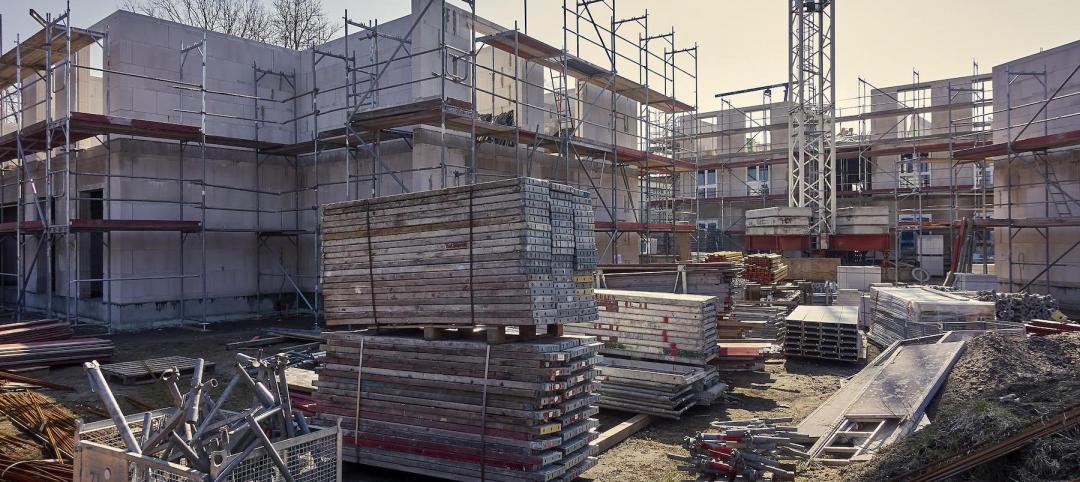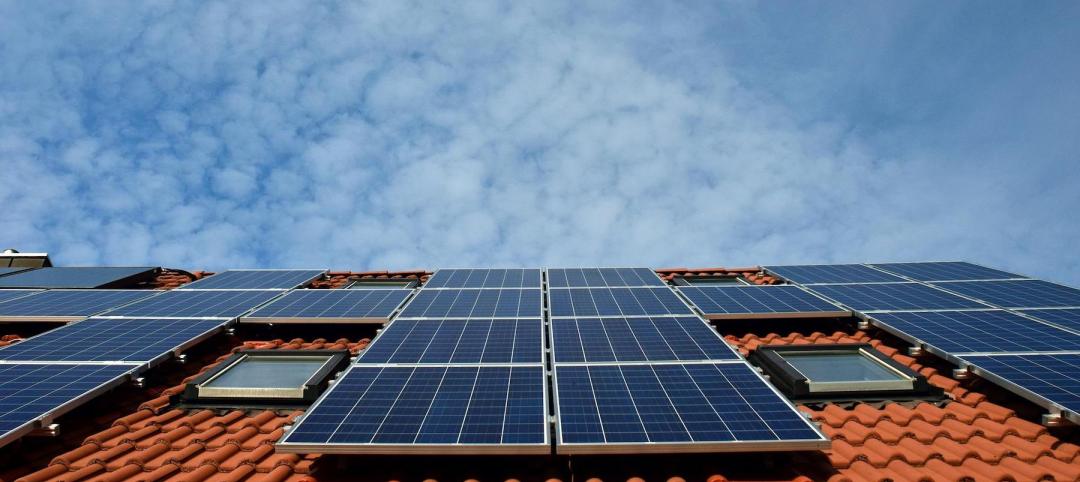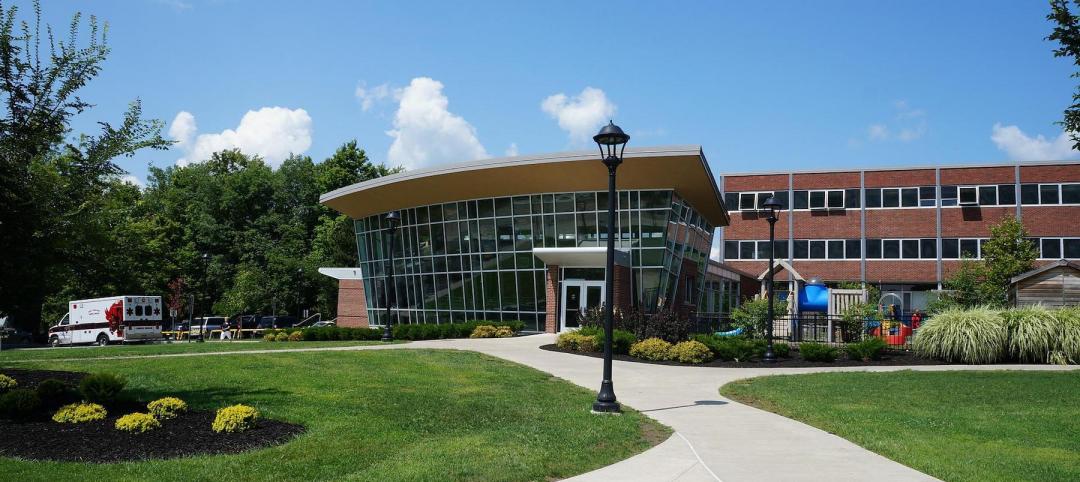Washington recently became the first state to require all electric heat for new buildings.
Under the state’s new energy code, most new commercial and large multifamily buildings will have to install heat pumps. The State Building Code Council, which voted to adopt a revised energy code that includes the all-electric provision, will consider a similar proposal for smaller residential buildings later this year. The revised code also requires the use of heat-pump hot water heaters.
The new Washington code includes exemptions for hospitals, research facilities, and other buildings where fossil fuels are required for “specific needs that cannot practicably be served by heat pumps.” Washington’s action is the latest in a widespread effort to transition buildings to appliances and HVAC equipment that can be powered by clean electricity. Advocates in many areas are backing legislation and code updates that restrict the expansion of natural gas use in new buildings.
There has been significant pushback on these efforts, though. In early April, a proposed gas ban for new buildings in New York State was dropped during contentious budget negotiations. (New York City, however, did impose a gas ban on new buildings in December.) California adopted a building code change last August that strongly discourages gas hookups in new buildings but does not mandate it.
Related Stories
Codes and Standards | May 19, 2022
JLL launches non-profit aiming to mitigate climate change
Real estate and investment management firm JLL recently launched JLL Foundation, a non-profit dedicated to making a long-term impact on environmental sustainability.
Biophilic Design | May 18, 2022
Horticulturalists conduct research study to understand the value of biophilic design
Benholm Group, horticulturalists that have pioneered the use of plants for interiors over the past 27 years, are collaborating on a research study to understand the value of biophilic design, according to a news release.
Building Team | May 17, 2022
MKA’s Embodied Carbon Action Plan will include reporting on carbon reductions for selected projects
Magnusson Klemencic Associates (MKA) recently released its SE 2050 Embodied Carbon Action Plan (ECAP) for 2022.
Codes and Standards | May 16, 2022
AIA releases Justice in the Built Environment guide
The American Institute of Architects (AIA) recently published a new supplementary edition of the Guides for Equitable Practice, titled “Justice in the Built Environment.”
Codes and Standards | May 12, 2022
Solar industry creates non-profit to remove barriers to clean energy deployment
The Solar Energy Industries Association (SEIA) is launching a 501(c)3 non-profit organization to accelerate the transition to carbon-free electricity.
Green Specifications | May 12, 2022
MG2’s Sustainable Materials Evaluation System
Learn how MG2’s Sustainable Materials Evaluation System helps clients, prospects, and staff choose the most environmentally feasible materials for their building projects. Candon Murphy, LEED GA, Assoc. IIDA, Design Lab Manager and Materials & Sustainability Specialist with MG2, speaks with BD+C Executive Editor Rob Cassidy.
Esports Arenas | May 11, 2022
Design firm Populous partners with esports company on digital art NFT collection
Design firm Populous and multidiscipline esports organization Kansas City Pioneers have partnered on a five-part NFT collection.
Market Data | May 10, 2022
Hybrid work could result in 20% less demand for office space
Global office demand could drop by between 10% and 20% as companies continue to develop policies around hybrid work arrangements, a Barclays analyst recently stated on CNBC.
Standards | May 9, 2022
New GSA standards set carbon limits on building materials for all major projects
New General Services Administration standards place limitations on high carbon-emitting building materials for all major projects under the GSA umbrella.
Higher Education | May 5, 2022
To keep pace with demand, higher ed will have to add 45,000 beds by year-end
The higher education residential sector will have to add 45,000 beds by the end of 2022 to keep pace with demand, according to a report by Humphreys & Partners Architects.

















